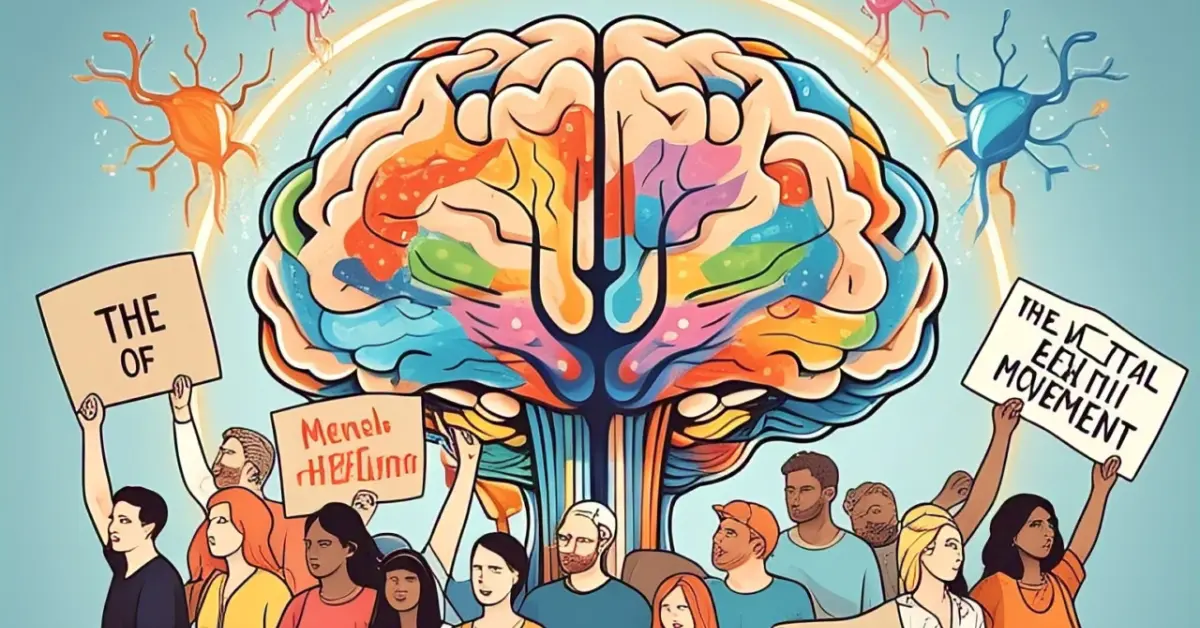Peptides, short chains of amino acids, have emerged as a groundbreaking solution for optimizing brain health and cognitive function. These tiny molecules, tailored to support neuronal communication, neuroprotection and neuroregeneration, are transforming the lives of individuals seeking mental clarity, focus and improved overall well-being. In this comprehensive guide, we delve into the science, benefits and applications of peptides for cognitive health.
Brain Health and Cognitive Function
- Neuroplasticity: Brain adaptability and resilience.
- Neurotransmitters: Chemical messengers facilitating communication.
- Neuroinflammation: Inflammatory responses impacting cognition.
- Oxidative Stress: Cellular damage from free radicals.
Types of Peptides for Brain Health
- Neuropeptides: Regulate neuronal communication (e.g., oxytocin, vasopressin).
- Growth Factor Peptides: Promote neuroregeneration (e.g., BDNF, NGF).
- Antioxidant Peptides: Neutralize free radicals (e.g., glutathione).
- Anti-Inflammatory Peptides: Reduce neuroinflammation (e.g., alpha-MSH).
- Nootropic Peptides: Enhance cognitive function (e.g., noopept).
Mechanisms of Action
- Neurotransmitter Modulation: Balance and regulation.
- Neuroprotection: Shielding neurons from damage.
- Neuroregeneration: Promoting neuronal growth.
- Anti-Inflammatory Effects: Reducing neuroinflammation.
- Antioxidant Activity: Neutralizing free radicals.
Benefits of Peptide Therapy for Brain Health
- Improved Cognitive Function: Enhanced focus, memory and processing speed.
- Enhanced Mental Clarity: Increased concentration and mental acuity.
- Reduced Stress and Anxiety: Emotional balance.
- Neuroprotection: Shielding against neurodegenerative diseases.
- Mood Enhancement: Elevated mood and reduced depression.
Peptide Therapy vs. Traditional Cognitive Enhancers
- Targeted Action: Peptides specifically target cognitive pathways.
- Increased Bioavailability: Efficient absorption.
- Reduced Side Effects: Minimal adverse reactions.
- Customizable: Tailored peptide blends.
Administering Peptides
- Subcutaneous Injections: Direct delivery.
- Oral Supplements: Capsules or powders.
- Transdermal Patches: Slow-release absorption.
- Nasal Administration: Direct brain delivery.
Peptide Stacking and Cycling
- Combining Peptides: Synergistic effects.
- Cycling Peptides: Avoids receptor desensitization.
- Post-Cycle Therapy: Maintains cognitive gains.
Safety and Regulatory Considerations
- Consult Healthcare Professionals: Expert guidance.
- Adhere to Dosage: Avoid excessive intake.
- Monitor Blood Work: Regular health checks.
- Quality Control: Reputable manufacturers.
Real-Life Examples and Success Stories
- Improved Focus: Enhanced productivity.
- Enhanced Memory: Better learning retention.
- Reduced Anxiety: Emotional balance.
- Neurodegenerative Disease Management: Slowed progression.
Future Directions and Emerging Trends
- Personalized Peptide Therapies: Tailored treatments.
- Peptide-Enhanced Gene Editing: Revolutionary neuroengineering.
- Nanotechnology: Targeted peptide delivery.



